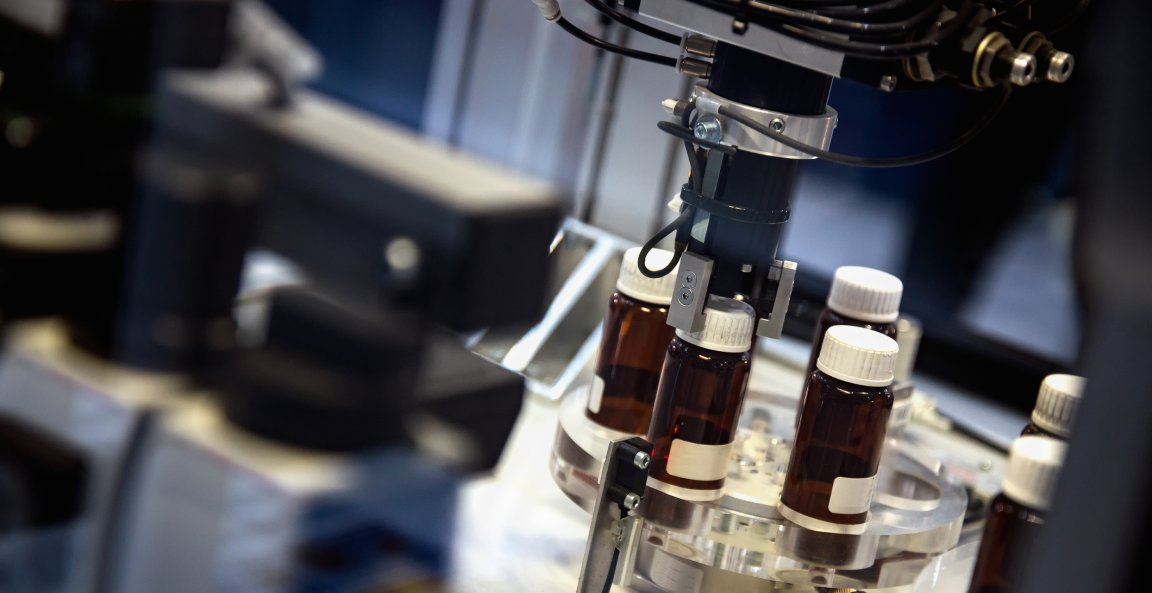
The Second of its Kind
By now, most people are familiar with the neurological disorder called ALS, which is short for amyotrophic lateral sclerosis, thanks to social media and the ice bucket challenge. The latter was, of course, started by the ALS Association to raise awareness and funding for ALS treatment research. Speaking of treatment, the U.S. Food and Drug Administration (FDA) recently approved a new drug for ALS called Radicava, which is based on an antioxidant known as edaravone.
This is only the second time the FDA has approved such a drug meant to treat ALS, and the first one, called Riluzole, was approved 22 years ago. ALS is a disease that affects about 14,000 to 15,000 people in the U.S. according to the NIH, and some 450,000 people worldwide. It also currently has no known cure, which is why new drug treatments are so important.

“After learning about the use of edaravone to treat ALS in Japan, we rapidly engaged with the drug developer about filing a marketing application in the United States,” explained the FDA’s Eric Bastings in a press release. “This is the first new treatment approved by the FDA for ALS in many years, and we are pleased that people with ALS will now have an additional option.”
Costly Treatment
Patients diagnosed with ALS have varying life expectancies. At its worst, an ALS patient succumbs to respiratory failure around three to five years after the first signs of symptoms. As such, finding a way to cure ALS is crucial. Of course, Radicava isn’t a cure, but it could slow the progression of ALS.
However, it’s not going to be cheap. According to a Reuters report, Radicava is going to cost $1,086 per infusion — and we’re talking about 12 to 13 cycles, which puts the total cost to $145,524 without government discount. The pharmaceutical company that would sell Radicava, according to the New York Times, is working on a co-payment plan.
Nevertheless, Radicava is expected to be well received. “It’s exciting. I expect many, if not all, of our patients will be lining up to try to get the medication,” Nathan Staff, Mayo Clinic’s ALS Clinic director, told Forbes.